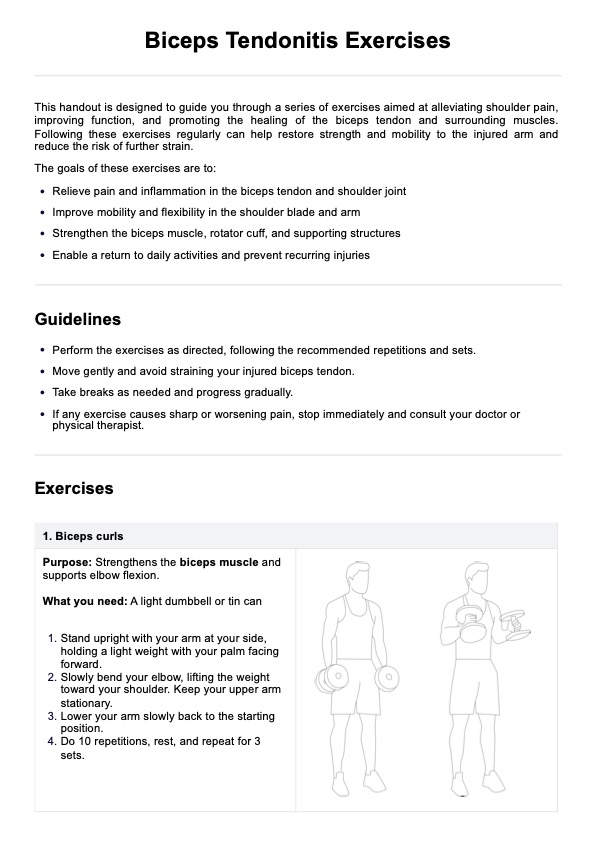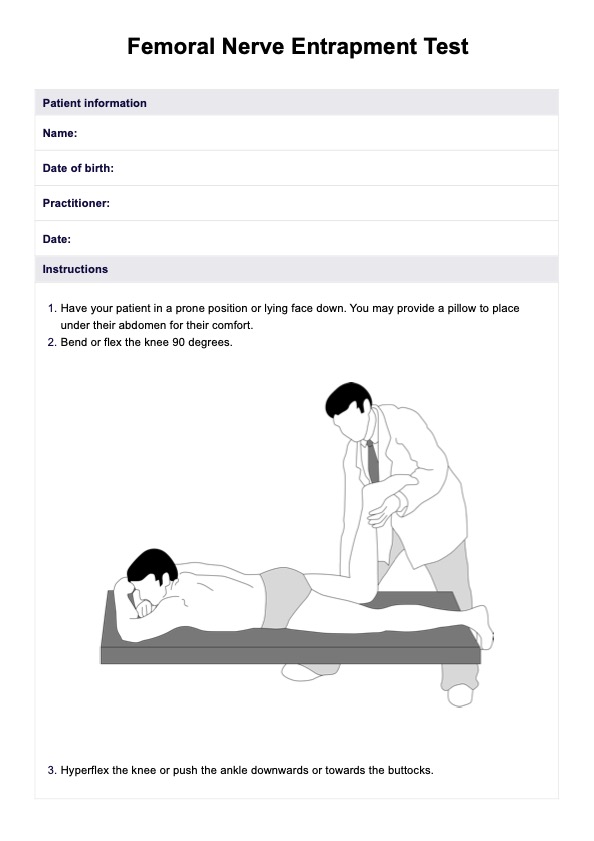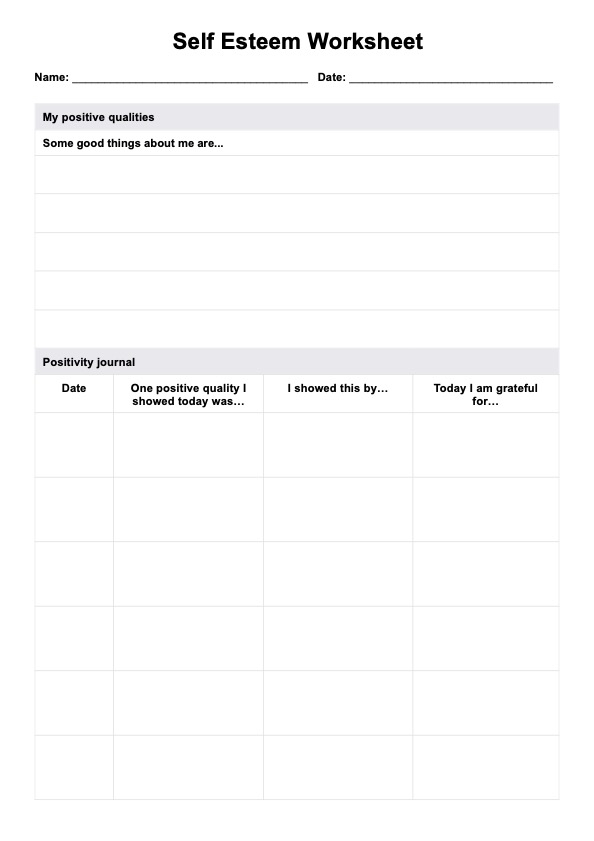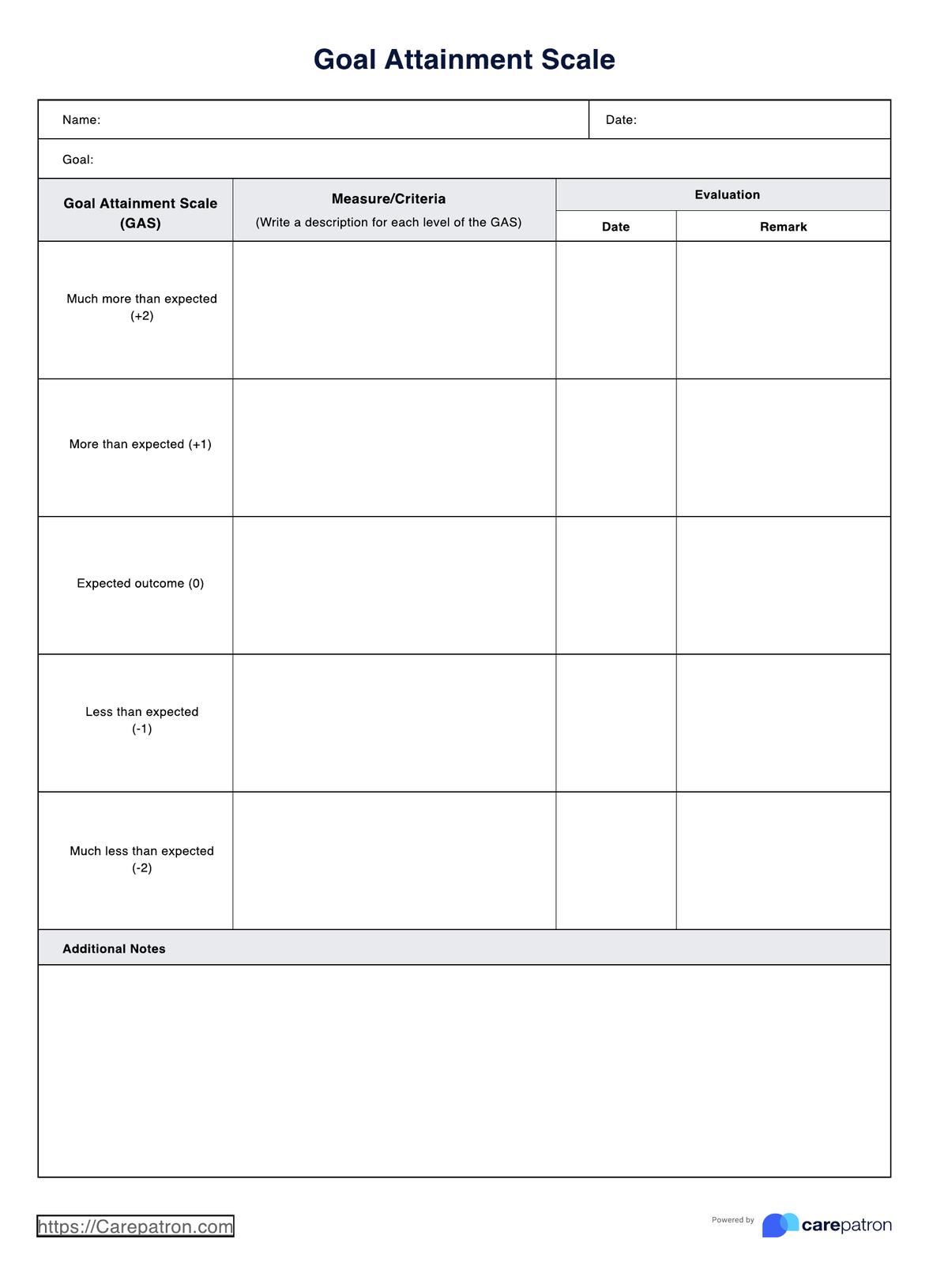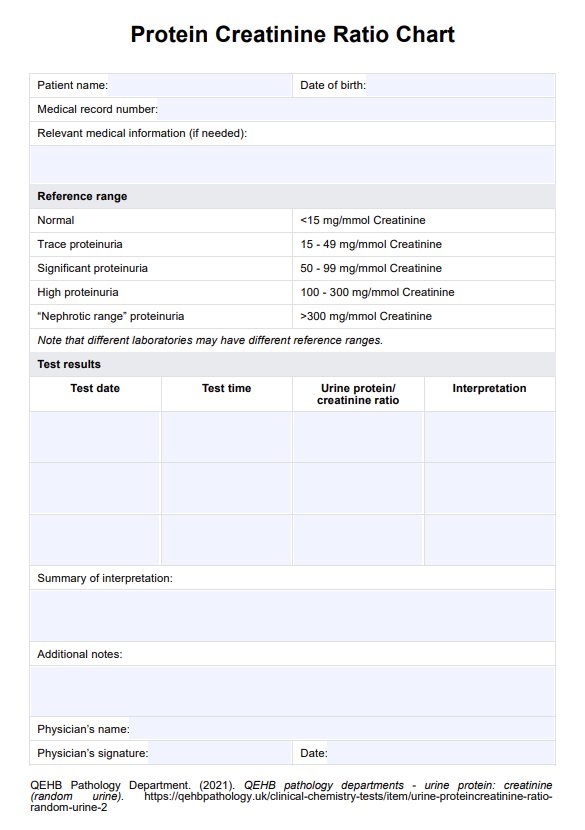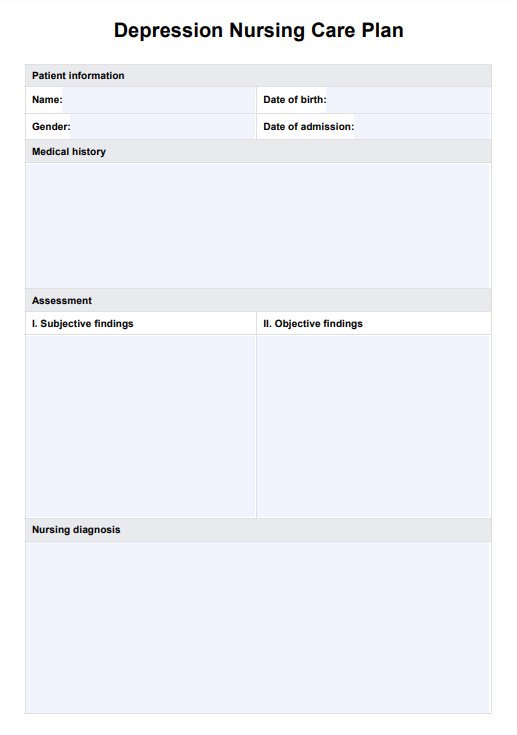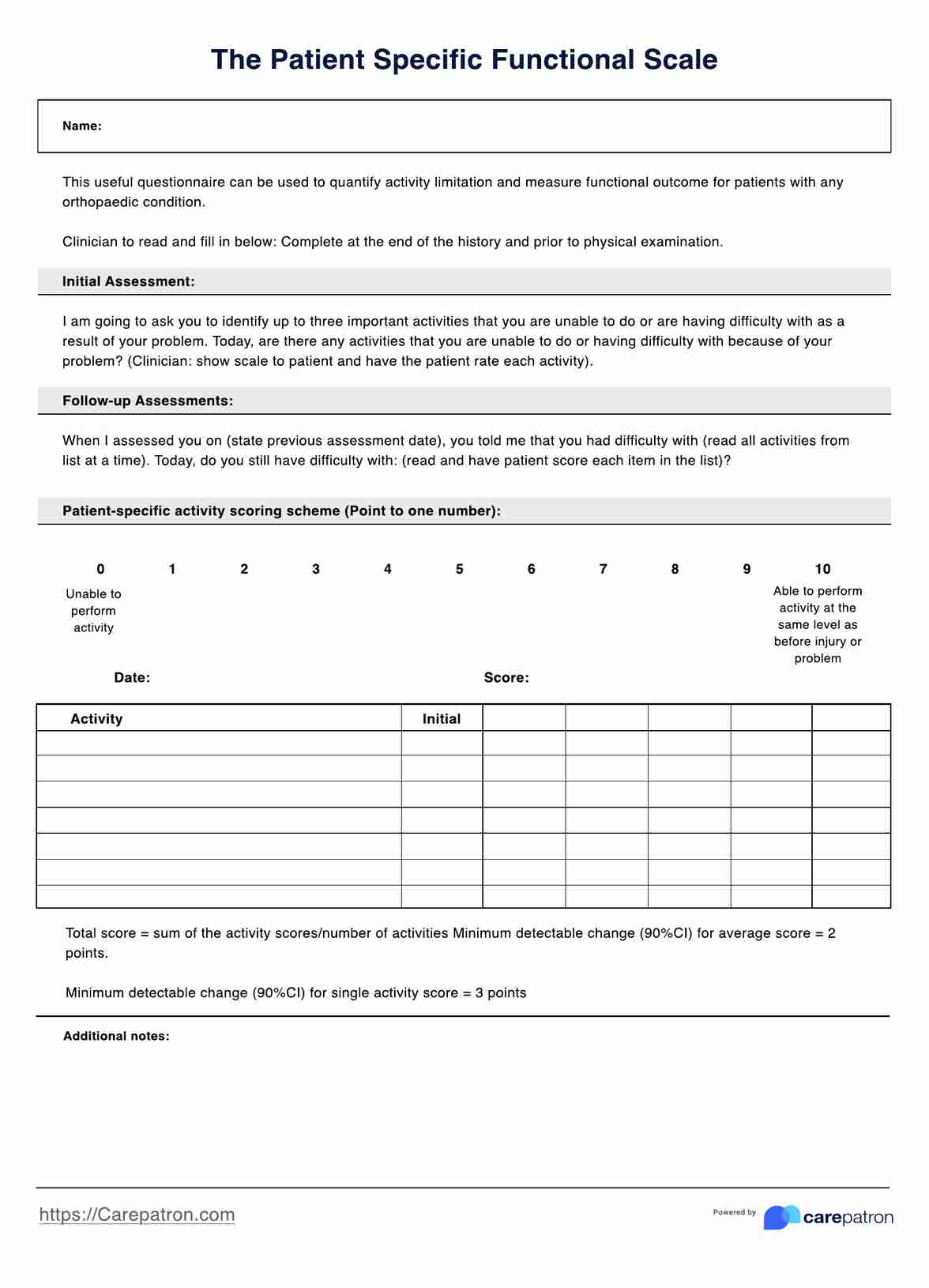Dengue Fever
Learn about the Dengue Fever Test, its uses, results, and more. Download a free Dengue Fever Test example.


What does dengue feel like?
According to the World Health Organization (2024), dengue fever is an infectious disease caused by dengue viruses, which are primarily transmitted through the bite of infected Aedes mosquitoes. The symptoms of dengue can vary, but they typically begin four to ten days after the bite. These include swollen gums, vomiting blood, high fever, severe headaches, pain behind the eyes, joint and muscle pain, and a characteristic rash. In some cases, the infection can progress to severe dengue, called dengue hemorrhagic fever, which can lead to life-threatening complications.
Individuals experiencing severe dengue may suffer from bleeding, blood plasma leakage, and low platelet counts, which is called dengue shock syndrome. This critical condition requires immediate medical attention. Early detection through dengue diagnostic tests, such as the NS1 antigen test, is crucial for effective disease management and proper diagnosis of dengue fever.
Recognizing the symptoms of dengue disease and understanding the potential severity of dengue virus infections can help patients seek timely care, reducing the risk of serious complications. If you suspect a dengue fever infection, it’s essential to consult a healthcare professional promptly for laboratory diagnosis and treatment for such infectious diseases.
Dengue Fever Template
Dengue Fever Example
What is a Dengue Fever Test?
A Dengue Fever Test is a crucial diagnostic tool used to detect dengue virus infections, which are transmitted through mosquito bites. This testing is vital for identifying current and past dengue infections, as early diagnosis can significantly impact disease control and management. The primary method of dengue fever testing is a blood test that identifies the presence of the dengue virus or antibodies produced in response to the infection.
Different tests are available, including those that can detect specific proteins from the virus or antibodies indicating a past dengue infection. Timely testing is essential, especially for individuals who may be at risk of developing severe dengue fever, a serious form of the disease that can lead to complications such as dengue shock syndrome. The symptoms associated with dengue infections often overlap with those of other tropical diseases, making accurate testing critical for appropriate treatment and care. By understanding the importance of dengue fever testing, healthcare practitioners can effectively manage the condition, ensuring that patients receive the necessary support to recover from this viral infection.
How does it work?
The Dengue Fever Test template provided by Carepatron is designed to streamline the diagnostic process for healthcare professionals by having a structured results report form. Following this approach, medical practitioners can ensure accurate documentation and effective patient care. Here’s how to utilize the Dengue Fever Test template effectively:
Step 1: Access the test template
You can find the Dengue Fever Test template within this guide, which is designed for ease of use. The template provides a structured outline for documenting test results.
Step 2: Fill out patient information
Begin by filling out the patient's information on the template. This step is crucial for tracking the patient's history, including any previous dengue infections or related symptoms. Accurate data collection helps tailor the testing process and ensures proper follow-up care.
Step 3: Discuss the test procedure and conduct the test
Take the time to discuss the test procedure with the patient. Explain the importance of the Dengue Fever Test, how it works, and what they can expect during the process. Proceed to conduct the test according to the guidelines in the template. This typically involves drawing a blood sample, which is essential for detecting the presence of the dengue virus or antibodies. Adhering to proper protocols ensures accurate results and patient safety.
Step 4: Gather and interpret the results
Once the test is complete, gather the results as indicated in the template. Interpreting the findings accurately is vital for determining the presence of dengue virus infection. This analysis informs subsequent treatment options and helps identify if the patient is at risk for severe dengue.
Step 5: Provide next steps
After interpreting the results, provide the patient with clear next steps. This may include discussing treatment options, follow-up appointments, or additional testing if necessary. Ensuring that patients understand their condition and care plan is essential for effective disease management.
What do the results mean?
Dengue fever testing primarily involves detecting antibodies (IgM and IgG) or the virus itself through various methods, including NS1 antigen tests and PCR. A dengue-positive report indicates the presence of dengue virus or antibodies, suggesting an active or recent infection. For instance, an IgM-positive result typically signifies a current infection, while IgG positivity indicates past exposure or immunity. Conversely, negative results suggest the absence of dengue. It is also important to note that values and units used for each test may vary for every laboratory or clinic. If symptoms persist, further testing may be necessary as it could indicate testing too early for antibodies to develop.
Benefits of a Dengue Fever Test
A Dengue Fever Test offers several critical benefits for healthcare practitioners and patients. Here are some key benefits of conducting a Dengue Fever Test:
Early detection of dengue fever
Early detection of dengue fever is crucial for effective treatment and management. The test identifies the presence of dengue viruses in the bloodstream, allowing healthcare providers to recognize the disease's onset quickly. This is particularly important as dengue often presents with a sudden high fever and other warning signs that require prompt attention.
Differentiation between dengue types
The Dengue Fever Test helps differentiate between various dengue virus infections. By identifying specific dengue antibodies, including IgM antibodies, medical professionals can determine if the patient is experiencing a primary or secondary infection, which may increase the risk of developing severe dengue fever or severe disease.
Informed treatment decisions
Accurate test results enable healthcare practitioners to make informed treatment decisions. When diagnosed with dengue, patients may require supportive care, such as pain relievers and fluid management, to alleviate symptoms and prevent complications. Knowing the specific type of viral infection allows for tailored treatment strategies aligned with dengue guidelines.
Monitoring disease progression
Regular dengue fever testing can help monitor disease progression in patients. Tracking blood test results over time can reveal changes in the patient’s condition, allowing practitioners to respond quickly to any signs of severe dengue. This proactive approach is essential for preventing complications associated with the infecting virus.
Reference
World Health Organization. (2024, April 23). Dengue and severe dengue. World Health Organization. https://www.who.int/news-room/fact-sheets/detail/dengue-and-severe-dengue
Commonly asked questions
To determine if dengue is positive, healthcare providers typically perform blood tests that check for the presence of the dengue virus or antibodies. A positive result indicates an active or past dengue infection, allowing for appropriate treatment and monitoring.
Warning signs of dengue include severe abdominal pain, persistent vomiting, rapid breathing, and bleeding gums or nosebleeds. These symptoms may indicate the progression to severe dengue, requiring immediate medical attention.
The fastest test for dengue fever is the NS1 antigen test, which can detect the presence of the dengue virus within the first few days of infection. This rapid diagnostic test provides results within hours, allowing for timely intervention.
Dengue fever is diagnosed through clinical evaluation and laboratory tests, including blood tests that detect dengue viruses or antibodies. Healthcare professionals assess symptoms and medical history to confirm the diagnosis and determine the appropriate course of action.


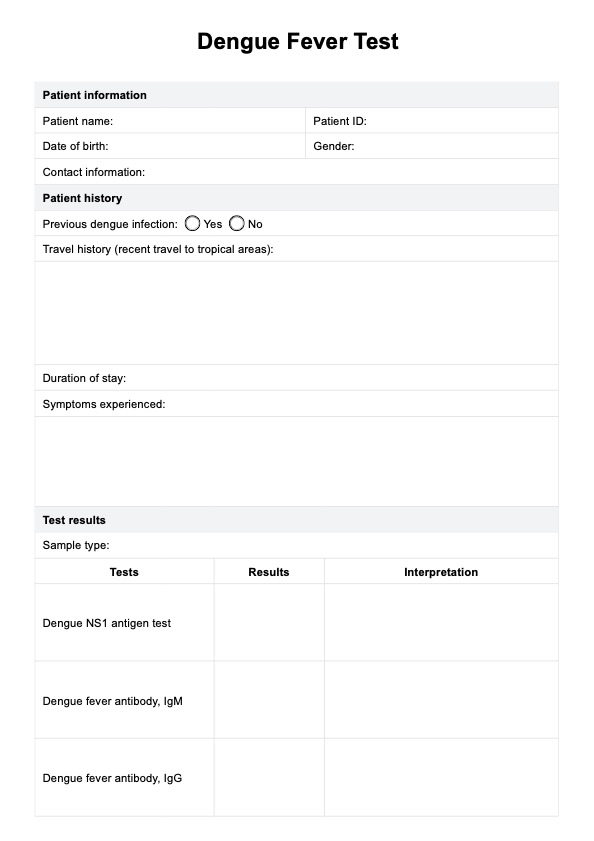
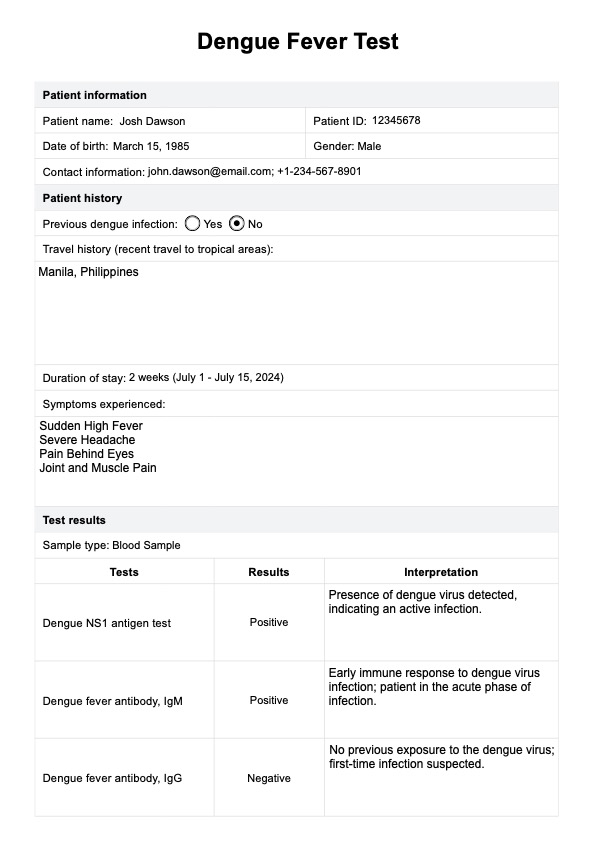












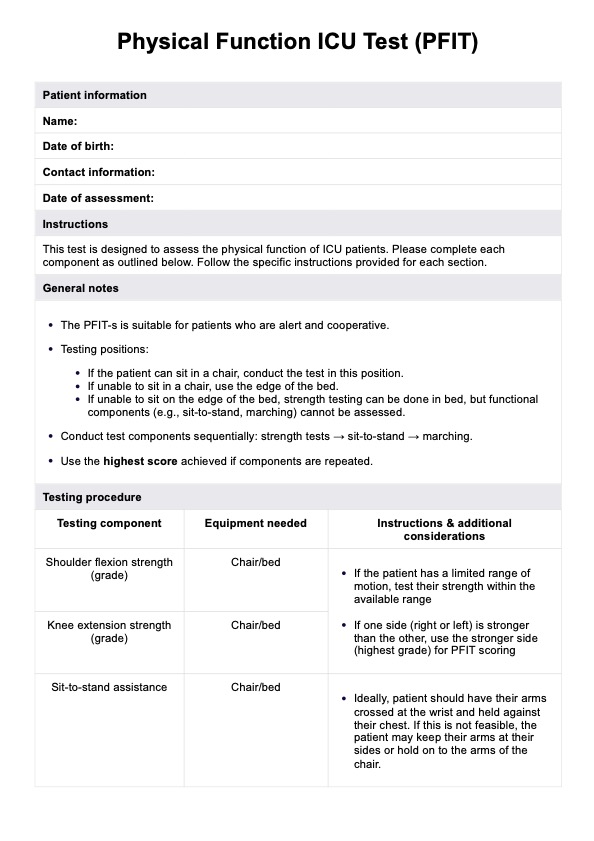






-template.jpg)


























































